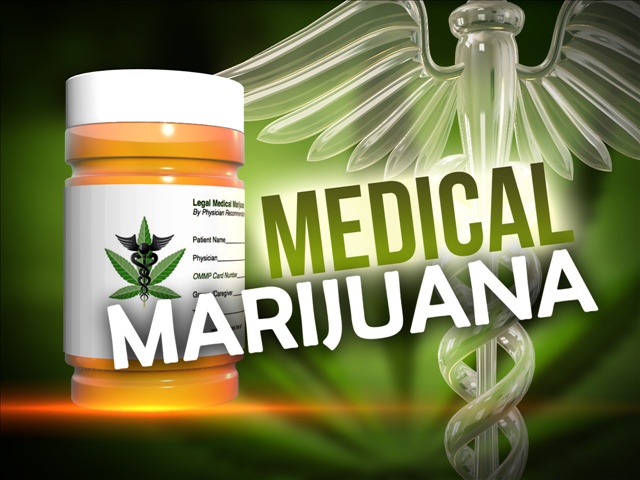Medicinal Marijuana Laws Leads To Dope Abuse – US Study
 Media Release 27 April 2017
Media Release 27 April 2017
Family First NZ says that a new study on medicinal marijuana in the US should sound a clear warning to our government to continue to take a cautious approach based on extensive research and appropriate safeguards around medicinal marijuana.
The study, published online in the journal JAMA Psychiatry, found that marijuana use and marijuana use disorders – in which people use the drug in unhealthy or abusive ways – increased at a “significantly greater rate” in states with medical marijuana laws than in states without the laws. The lead researcher from Columbia University’s Mailman School of Public Health said that these laws seem to send a message that use of this drug is safe and acceptable in some way. They said that possible adverse consequences of illicit cannabis use due to more permissive state cannabis laws should receive consideration by voters, legislators, and policy and health care professionals.
“NZ’ers need to be aware of the smoke-screen of ‘medicinal marijuana’ and the real agenda by some groups behind liberalising drug laws and the potential abuse of medicinal marijuana. The strategy of groups who want dope legalised is to promote medicinal marijuana which simply manipulates society’s compassion for people with serious pain and health concerns. But marijuana will then be diverted from medical programs to ‘recreational’ purposes,” says Bob McCoskrie, National Director of Family First NZ.
However, Family First is supporting further quality research into the components of the marijuana plant for delivery via non-smoked forms, and supports the establishment of a programme that allows seriously ill patients to obtain non-smoked components of marijuana approved and listed by the Ministry of Health.
“The agenda of the Green Party and Gareth Morgan should be given a wide berth. The Green party’s medicinal cannabis bill in 2009 – which was soundly defeated – allowed for teenagers to cultivate and smoke cannabis with parental permission, created dope ‘pimps’, and appointed police to be the ‘dealers’. It also deemed medicinal purposes to include depression and mental illness, eating disorders, and schizophrenia, despite research suggesting that marijuana actually exacerbates these conditions.”
In 1979, NORML said “We’ll use medical marijuana as red-herring to give marijuana a good name”. In 1996 when California approved medicinal marijuana, NORML said “marijuana has been de facto legalised under guise of medical marijuana”. A US study found that the average ‘patient’ was a 32-year-old white male with a history of drug and alcohol abuse and no history of life threatening illness.
“Scientists have used the marijuana plant’s primary active ingredient – THC – as a pill form for nausea and appetite stimulation. It may be that there can be the development of non-smoked rapid-onset cannabinoid delivery systems. But this should be decided on the basis of thorough clinical trials, as recommended by the US Institute of Medicine. We support the NZ government’s caution around this issue, but we also support a compassionate response to those in real need,” says Mr McCoskrie.
A new report recently released by the National Academies of Sciences, Engineering, and Medicine found:
- There was conclusive or substantial evidence (the most definitive levels) that cannabis or cannabinoids, found in the marijuana plant, can be an effective treatment for chronic pain, which is “by far the most common” reason people request medical marijuana, according to the report. With similar certainty, they found cannabis can treat muscle spasms related to MS and can help prevent or treat nausea and vomiting associated with chemotherapy.
- There was limited evidence that smoking marijuana could have some anti-inflammatory activity.
- In terms of mental health, substantial evidence shows an increased risk for developing schizophrenia among frequent users, something that studies have shown is a particular concern for people at risk for schizophrenia in the first place. There was also moderate evidence that cannabis use was connected to a small increased risk for depression and an increased risk for social anxiety disorder.
- One of the most interesting and perhaps most important conclusions of the report is that far more research on cannabis is needed.
The committee behind the report, representing top universities around the country, considered more than 10,000 studies for their analysis, from which they were able to draw nearly 100 conclusions.
ENDS






